Tourism is a significant contributor to New Zealand's economy, injecting billions annually and supporting thousands of jobs. Yet, the behaviors and choices of tourists can inadvertently harm the very economy they bolster. This article delves into common mistakes made by tourists in New Zealand, exploring their economic repercussions and providing insights into how these can be mitigated. Through a data-driven lens, we aim to offer tech enthusiasts a comprehensive understanding of the nuanced relationship between tourism and economic health in New Zealand.
Historical Evolution: Tourism in New Zealand
New Zealand's tourism industry has evolved significantly over the years. According to the Ministry of Business, Innovation, and Employment (MBIE), tourism contributed NZD 40.9 billion to the economy in 2019, making it one of the country's largest export industries. The sector's growth has been driven by New Zealand's breathtaking landscapes, vibrant Maori culture, and adventure tourism offerings.
However, the COVID-19 pandemic in 2020 dramatically disrupted this trajectory. With border closures and travel restrictions, the industry faced a significant downturn. Yet, as the world recovers, New Zealand is again becoming a sought-after destination. This resurgence underscores the importance of understanding and addressing the economic impacts of tourist behaviors.
Data-Driven Report: Economic Impact of Tourism Mistakes
1. Underestimating Seasonal Variations
Tourists often overlook New Zealand’s seasonal changes, leading to overcrowding in peak seasons and underutilization during off-peak periods. According to Stats NZ, 60% of international visitors arrive between December and March, causing strain on resources and infrastructure. This seasonal imbalance can lead to increased costs and resource depletion, ultimately impacting local businesses and the environment.
2. Over-Reliance on International Brands
Many tourists gravitate towards familiar international brands, often at the expense of local businesses. This trend diverts spending away from local economies, which thrive on tourist dollars. Data from the Reserve Bank of New Zealand shows that supporting local enterprises can significantly boost regional economies, yet tourists frequently overlook these opportunities.
3. Ignoring Cultural Sensitivities
Respecting Maori culture is not just about etiquette; it’s an economic imperative. Disregard for cultural practices can lead to tensions and decreased tourist satisfaction. The New Zealand Maori Tourism association highlights that culturally respectful tourism not only enhances visitor experience but also supports Maori enterprises, which are crucial for economic diversity.
Real-World Case Studies
Case Study: Queenstown's Overcrowding Challenge
Problem: Queenstown, a popular tourist destination, faced significant overcrowding, especially during peak seasons. This led to environmental degradation, increased living costs, and strained infrastructure.
Action: The local council implemented measures to spread tourist arrivals throughout the year, promoting off-peak travel and diversifying attractions.
Result: Over two years, tourist arrivals during off-peak seasons increased by 30%, easing pressure during peak months and stabilizing the local economy.
Takeaway: Managing tourist inflow through strategic planning can mitigate the adverse effects of seasonal overcrowding, enhancing economic stability.
Case Study: Supporting Local Enterprises
Problem: In Rotorua, tourists predominantly spent on multinational brands, overlooking local businesses, which stunted regional economic growth.
Action: A campaign was launched to promote local products and experiences, emphasizing their unique value and cultural significance.
Result: Local business revenues increased by 25% within a year, showcasing the economic benefits of supporting local enterprises.
Takeaway: Encouraging tourists to engage with local businesses can significantly boost regional economies.
Common Myths & Mistakes
- Myth: "Visiting hotspots is the best way to experience New Zealand." Reality: While famous attractions are must-see, hidden gems offer unique experiences and alleviate pressure on popular sites, supporting wider economic distribution.
- Myth: "International brands offer better quality." Reality: Local products often match or exceed quality and provide cultural insights and economic benefits.
- Myth: "Tourist actions have minimal impact." Reality: Every tourist's choices, from spending to environmental footprint, collectively influence the economy and environment.
Pros vs. Cons of Tourist Behaviors
Pros:
- Economic Growth: Tourism contributes significantly to GDP and job creation.
- Cultural Exchange: Enhances understanding and appreciation of diverse cultures.
- Infrastructure Development: Tourism demand drives improvements in transportation and communication networks.
Cons:
- Environmental Strain: Increased visitor numbers can lead to resource depletion and environmental degradation.
- Economic Disparity: Over-reliance on tourism can lead to economic instability during downturns.
- Cultural Erosion: Without respectful engagement, tourism can lead to the dilution of cultural practices.
Future Trends & Predictions
As New Zealand continues to recover from the pandemic's impact on tourism, several trends are emerging. According to a report by NZTech, digital transformation in tourism is accelerating, with technologies like AI and virtual reality enhancing visitor experiences. The report predicts that by 2028, 50% of tourists will engage with digital platforms for personalized travel experiences, emphasizing the need for the tourism sector to innovate continuously.
Conclusion & Call to Action
Tourism is a double-edged sword, offering immense economic benefits while posing significant challenges. By understanding and addressing common tourist mistakes, New Zealand can optimize the economic advantages of tourism while minimizing its drawbacks. Tourists, businesses, and policymakers must collaborate to create a sustainable and thriving tourism industry.
What’s Next? If you’re planning a trip to New Zealand or involved in the tourism sector, consider how your actions impact the local economy. Support local businesses, respect cultural practices, and explore off-the-beaten-path destinations. Share your experiences and insights to foster a more sustainable tourism industry.
People Also Ask (FAQ)
How does tourist behavior impact the New Zealand economy? Tourist behavior significantly influences the economy. Supporting local businesses can bolster regional economies, while overcrowding can strain resources and infrastructure, affecting economic stability.
What are the biggest misconceptions about tourism in New Zealand? A common misconception is that visiting only famous attractions is best. Exploring lesser-known sites can provide unique experiences and distribute economic benefits more evenly.
What are the best strategies for sustainable tourism in New Zealand? Promoting off-peak travel, supporting local businesses, respecting cultural practices, and leveraging technology for personalized experiences are key strategies for sustainable tourism.
Related Search Queries
- New Zealand tourism economy impact
- Common tourist mistakes in New Zealand
- Sustainable tourism strategies NZ
- Economic benefits of tourism in New Zealand
- Maori cultural tourism New Zealand
- Off-peak travel advantages
- Supporting local businesses in NZ
- Tech in New Zealand tourism
- Future of tourism in New Zealand
- New Zealand tourism recovery post-COVID
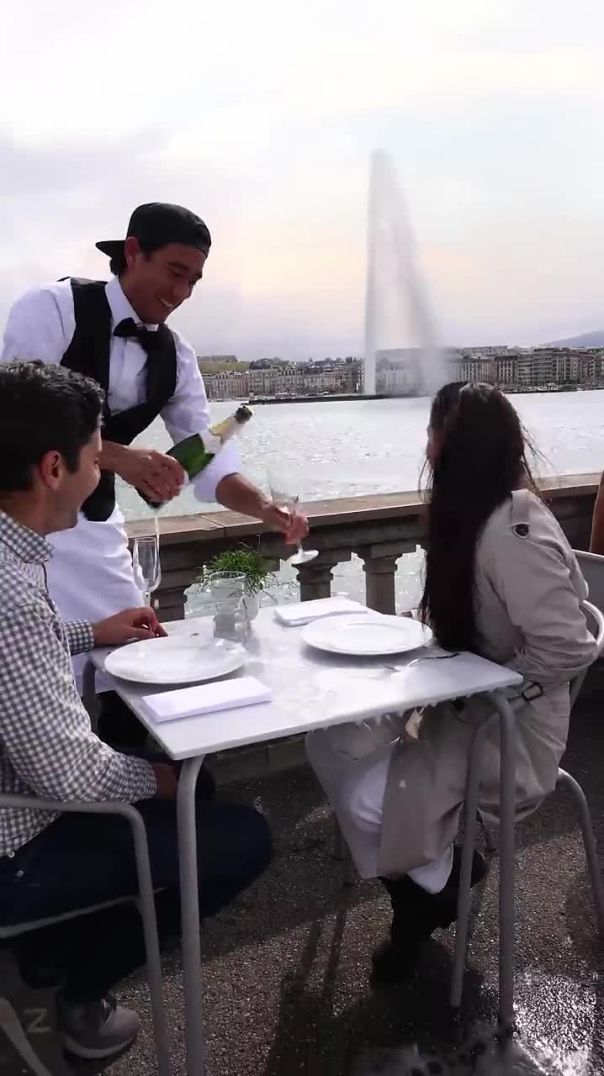















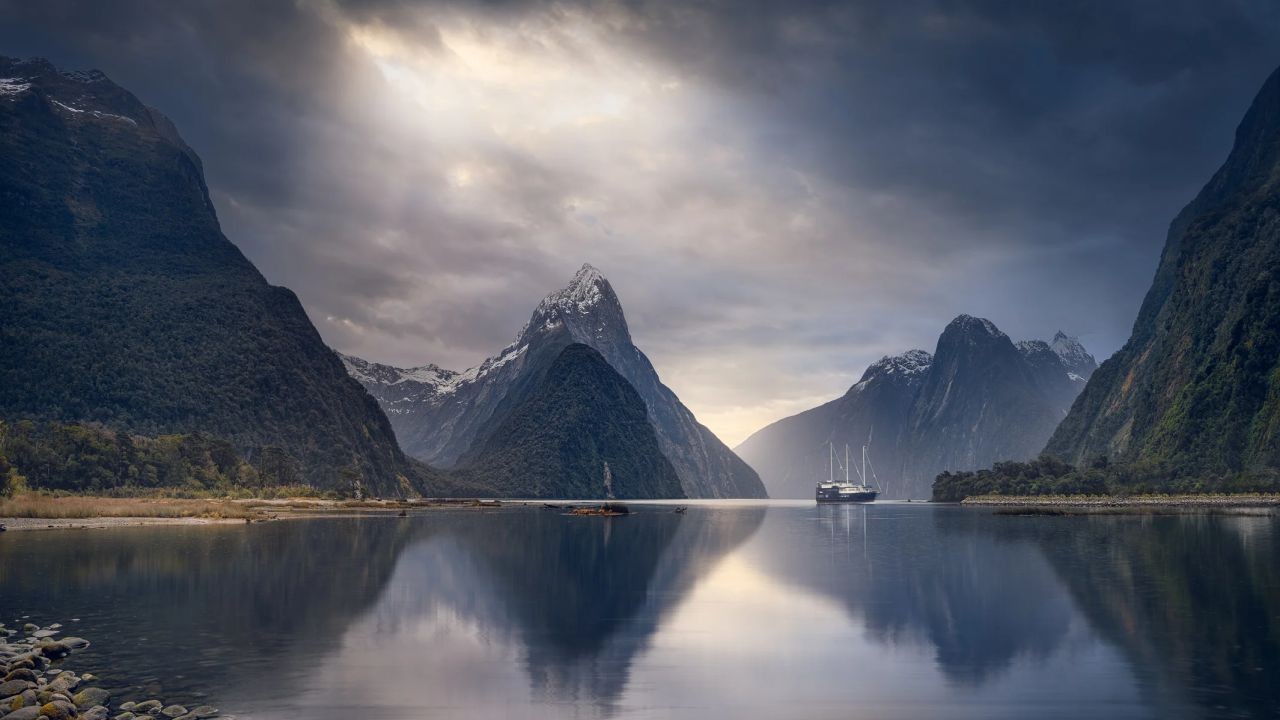

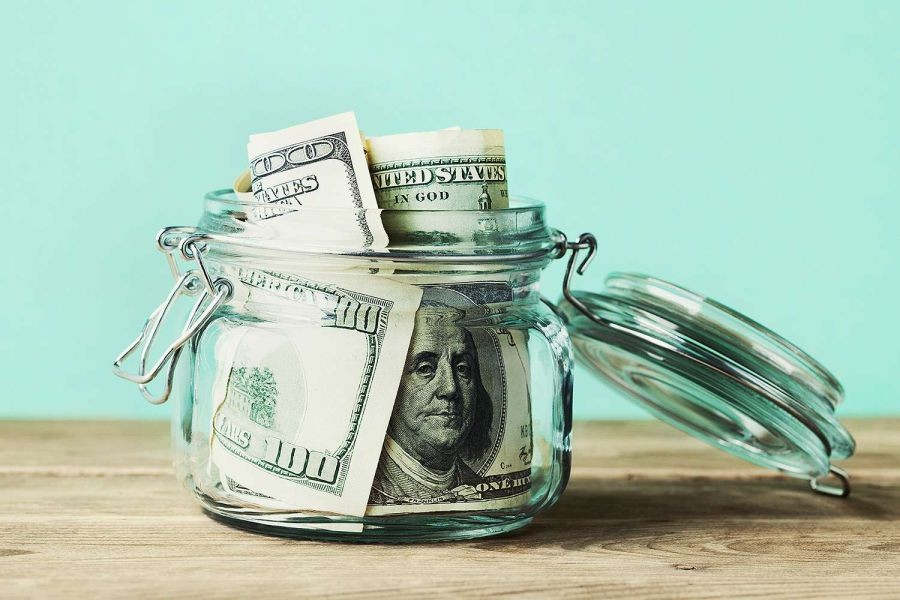
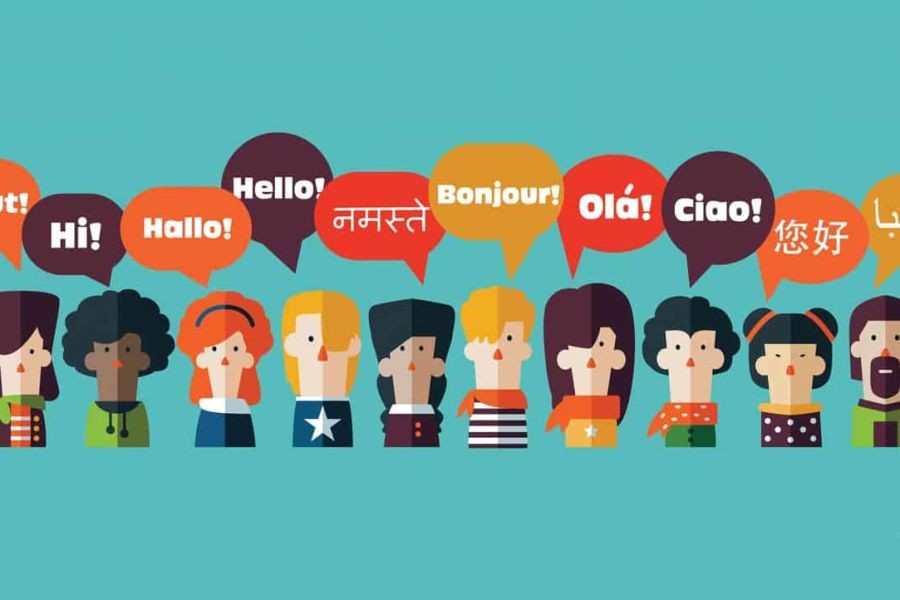





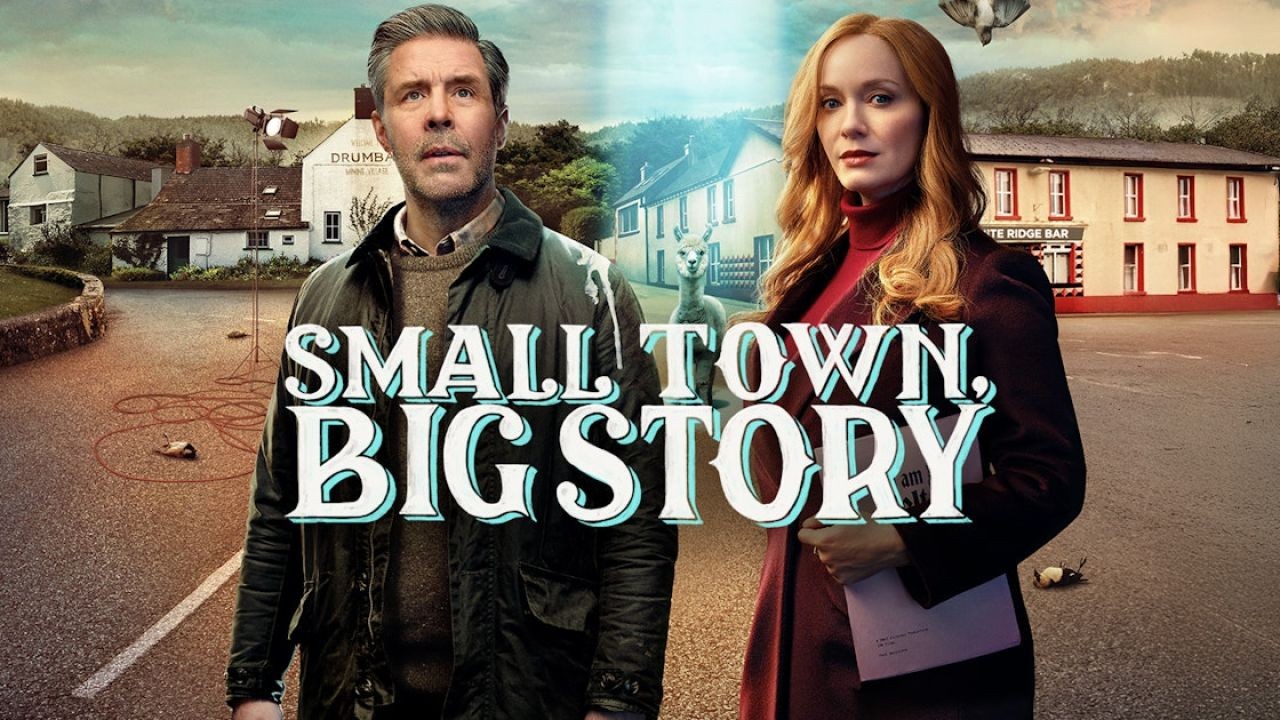






Kurt614113
9 months ago